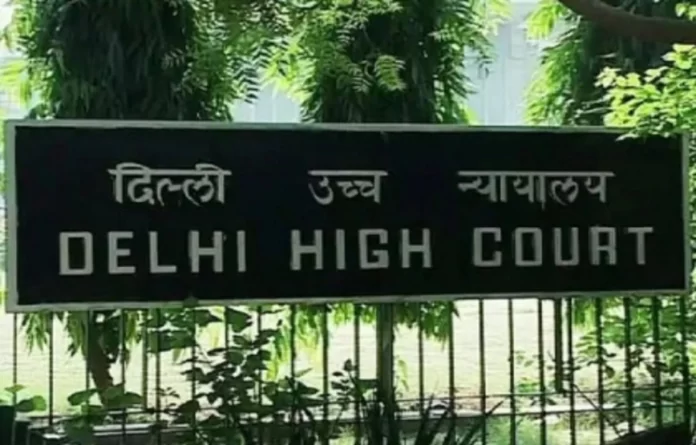The Delhi High Court recently ruled that the name of an individual is an identity marker and the right to be identified by one’s name is fundamental to one’s very identity.
Justice C Hari Shankar noted that it partakes, therefore, of a primordial necessity and the court has, when petitioned in that regard, to ensure that the request, if genuine, is acceded to.
The High Court bench referred to the Supreme Court ruling in Jigya Yadav v. CBSE and observed the fact that public documents may not tally with the school records of an individual would be of no significant consequence, nonetheless, in such a case, the board may be allowed to indemnify itself by seeking an affidavit from the candidate concerned, or inserting a disclaimer in the certificate to the effect that the change in name has been made at the behest of the candidate, in the view of public documents produced by him.
The Delhi High Court made the aforesaid observations while dealing with a girl’s plea seeking a direction on the Central Board of Secondary Education (CBSE) that her father’s name be altered from her Class X and XII marksheets.
Justice C Hari Shankar said that the court has to be practical, not pedantic, in its approach while examining the material relied upon by the girl to justify her prayer for change of her father’s name in her certificates.
The High Court further mentioned that it cannot be hyper technical in such matters and started rejecting the prayer for correction merely because of a slight difference in spellings.
While allowing the girl’s plea, the Delhi High Court directed the CBSE to forthwith issue fresh Class X and Class XII marksheets to the petitioner student reflecting the changed name of her father.
Furthermore, the petitioner is ordered to contact the CBSE along with the requisite affidavit and documents and pay the appropriate fee within one week from today, whereafter the CBSE shall comply with this order within four weeks thereof.


